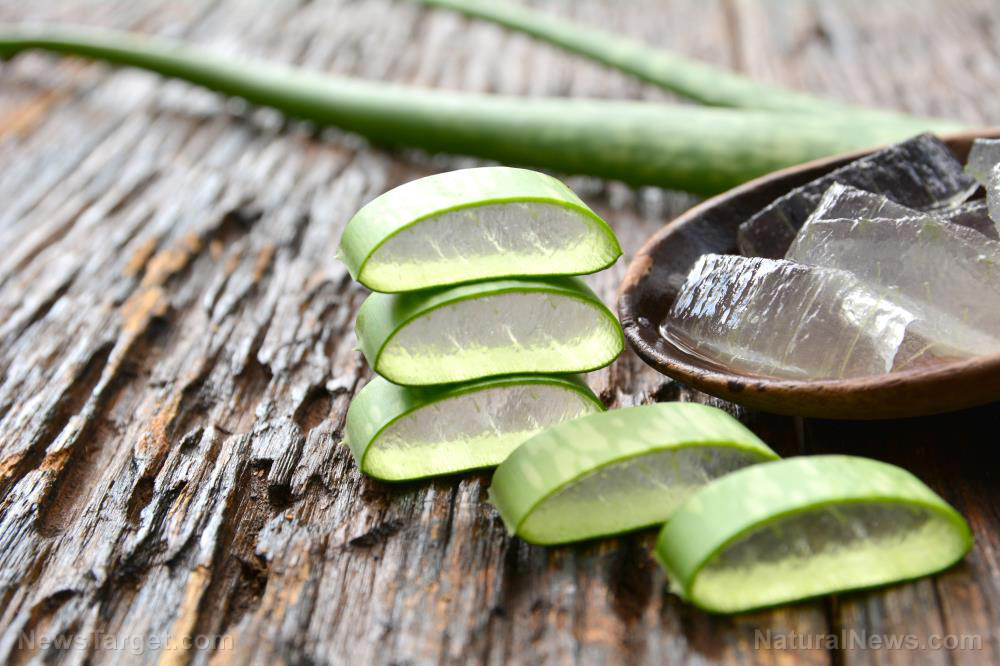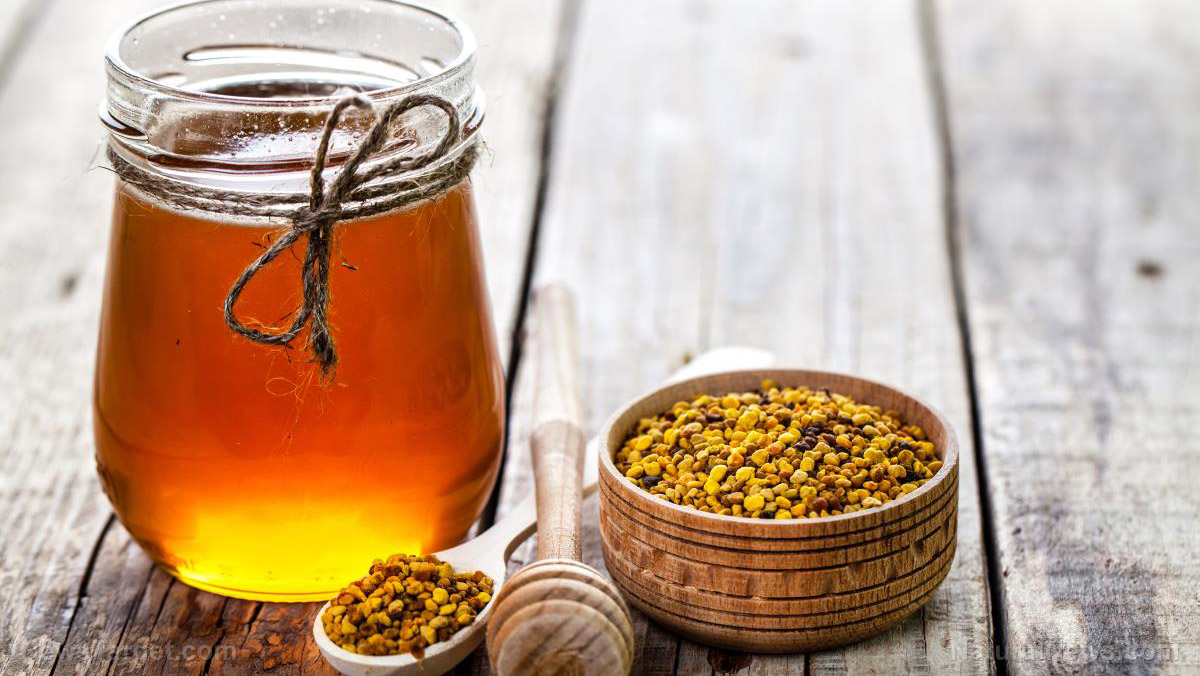Exploring the health benefits of false goat’s beard, a Himalayan medicinal plant
11/10/2022 / By Franz Walker

Colloquially known as bodho-okhati, the false goat’s beard plant grows in high altitudes, specifically of the Darjeeling Himalayan region of India and Nepal. Scientifically known as Astilbe rivularis, the rhizome of this indigenous medicinal plant has been used by local tribes to treat various ailments, including infections.
In a recent study, a group of researchers from the University of North Bengal (NBU) in India evaluated the chemical constituents and in vitro antimicrobial, antioxidant and cytotoxicity potential of the rhizome of false goat’s beard.
Their findings were published in the journal BMC Complementary and Alternative Medicine.
False goat’s beard’s medicinal properties
A. rivularis belongs to the genus Astilbe, which consists of 18 species of rhizomatous flowering plants. It is a medicinal plant used by traditional healers in the Eastern Himalayan region of India and Nepal.
Almost all parts of this plant are used in traditional medicine, though there’s a particular preference for the rhizome. Extracts from the plant have been linked to various health benefits.
False goat’s beard extracts have been found to have antiviral activities against the Herpes Simplex virus. Meanwhile, a compound isolated from its leaves has shown antiulcer activity against ethanol-induced gastric ulcer and cysteamine-induced duodenal ulcer in animal studies.
For their study, the NBU researchers gathered plant samples from the Jalapahar Cantonment Forest high in the Darjeeling Himalayan region. They then dried the rhizomes in shade and ground them into a fine powder.
The researchers prepared a methanolic extract from the powder using a Soxhlet extraction method. This extract was then analyzed for its phytochemical constituents through biochemical methods as well as gas chromatography-mass spectrometry.
The antibacterial properties of the extract were tested using an agar diffusion assay. Here, the researchers grew a bacterial culture overnight in a Muller Hinton broth. Specific amounts of A. rivularis extract were introduced into the broth, alongside the antibiotics ampicillin and tetracyclines as controls.
To determine the extract’s antioxidant properties, the researchers mixed various concentrations of it into a purple-colored solution of 2, 2-diphenyl-1-picryllhydrazyl (DPPH) free radical. They then recorded how much of the extract was needed to turn the solution into a colorless compound. They also conducted 2,2′-azino-bis(3-ethylbenzothiazoline-6-sulfonic acid) (ABTS) scavenging assays, mixing the extract with various concentrations of an ABTS solution. Like DPPH, ABTS is also a free radical. The amount of ABTS scavenged by the extract would directly relate to its antioxidant properties.
Finally, the researchers conducted an MTT assay to test false goat’s beard’s cytotoxic effects against cancer and normal cell lines.
False goat’s beard extract shows promise against bacterial infection and cancer
Following their tests, the researchers noted that false goat’s beard extract contain various classes of phytochemicals, such as tannins, phenols, cardiac-glycosides, saponins, terpenoids and alkaloids. Of these, terpenoids were the most abundant.
The extract also performed well in the antibacterial tests, showing the plant’s ability to inhibit the growth of certain bacteria. (Related: 4 Excellent antibacterial agents found in nature.)
In terms of antioxidant activity, their tests showed that false goat’s beard extract had the ability to scavenge DPPH free radicals in a concentration-dependent manner. However, its scavenging power was weaker than that of standard antioxidant vitamin C.
As for its anticancer properties, the plant extract exerted a cytotoxic effect on cancer cell lines. In fact, the active components of false goat’s beard extract greatly inhibited the proliferation of cancer cells.
Based on these results, the researchers concluded that false goat’s beard is a promising natural treatment for bacterial infections and cancer.
Follow PlantMedicine.news for more studies on traditional plant remedies.
Watch the video below to learn about 15 medicinal herbs and their uses for this fall.
This video is from the Reerob channel on Brighteon.com.
More related stories:
A natural treatment for superbugs, thanks to traditional remedies from Cameroon.
Try these natural antibiotics that help fight off infection.
Astragalus shows amazing antioxidant, anti-inflammatory, and anticancer effects.
Folk medicine plants from Mexico and Central America found to have anticancer potential.
Sources include:
BMCComplementMedTherapies.BioMedCentral.com
Submit a correction >>
Tagged Under:
alternative medicine, antibacterial, antioxidant, false goat's beard, herbal medicine, Herbs, himalayas, Indian medicine, natural antibiotics, natural cures, natural medicine, plant medicine, prevention, research, traditional medicine
This article may contain statements that reflect the opinion of the author
RECENT NEWS & ARTICLES
COPYRIGHT © 2017 NATURALANTIBIOTICS.NEWS
All content posted on this site is protected under Free Speech. NaturalAntibiotics.news is not responsible for content written by contributing authors. The information on this site is provided for educational and entertainment purposes only. It is not intended as a substitute for professional advice of any kind. NaturalAntibiotics.news assumes no responsibility for the use or misuse of this material. All trademarks, registered trademarks and service marks mentioned on this site are the property of their respective owners.



















